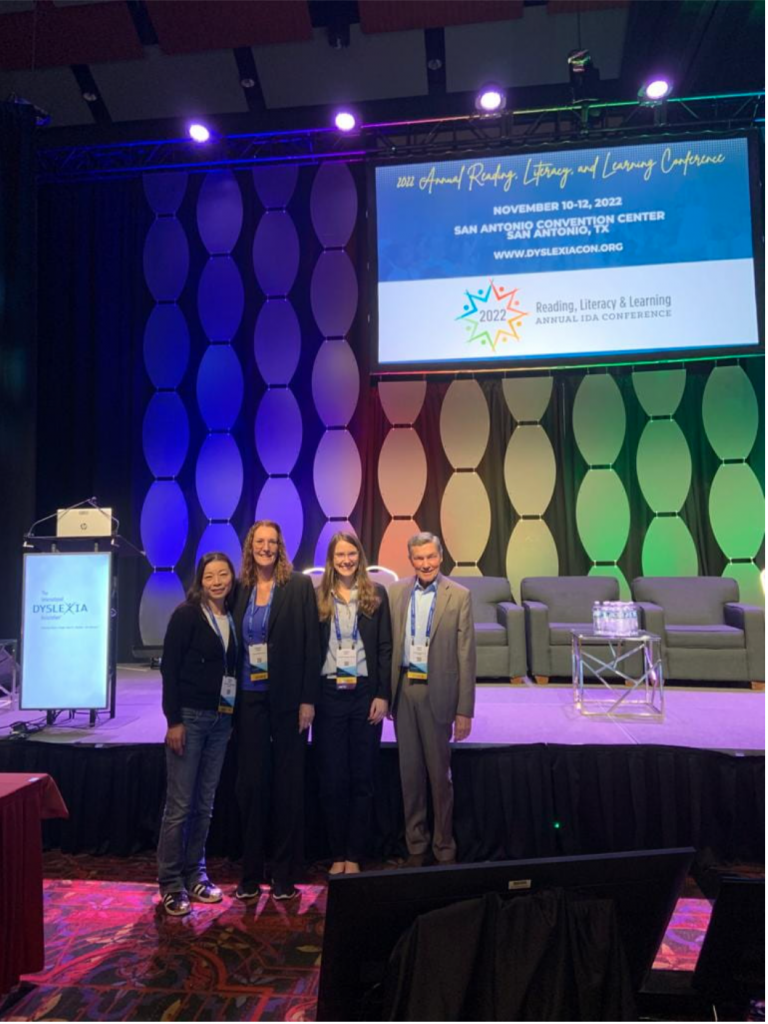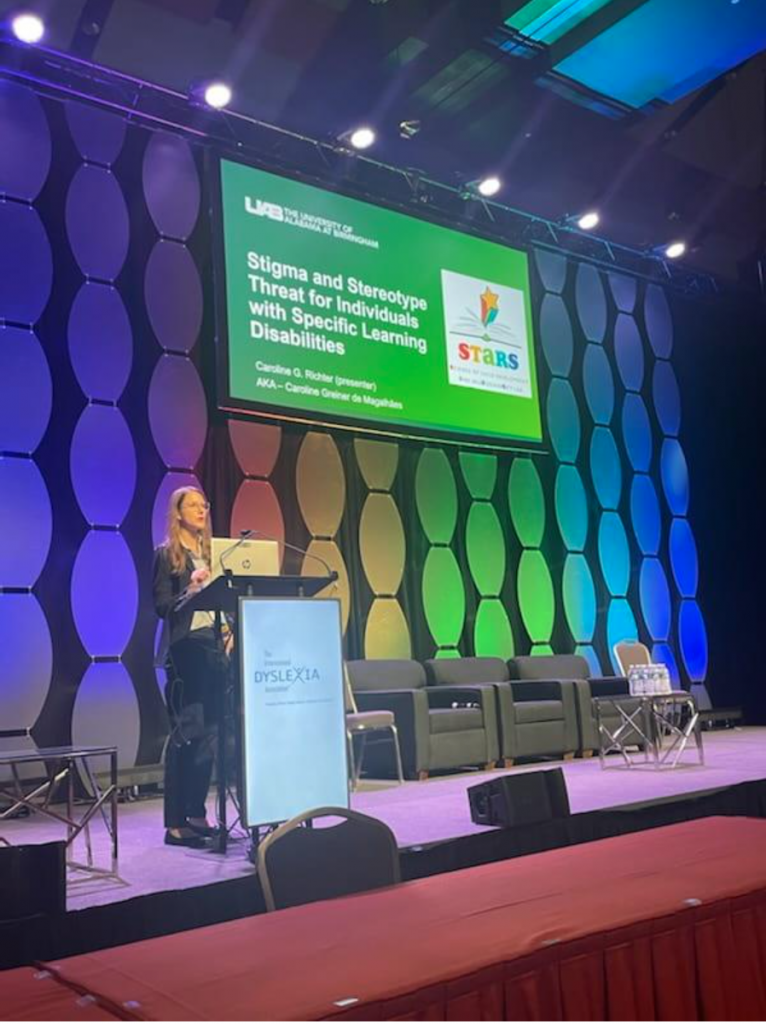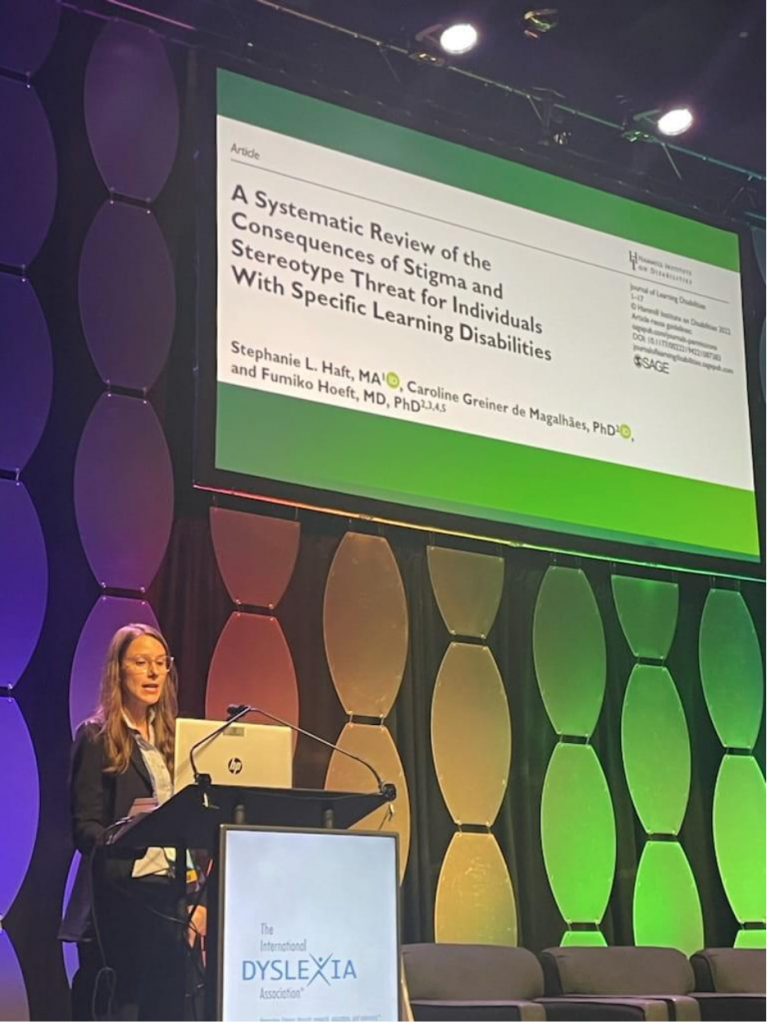How are children’s emotions impacted by lower amounts of sleep? Researchers who sought to answer this question studied how nap deprivation impacts toddlers’ emotional expressions. In their study, Berger et al. assigned 10 toddlers to nap or no-nap conditions and later provided them with emotion elicitation and challenge protocol to examine how napping impacts both. In the emotion elicitation protocol, researchers showed toddlers positive, negative, and neutral emotion-eliciting pictures and noted their reactions to each. In the challenge protocol, researchers provided toddlers with first a solvable, and then an unsolvable puzzle to see how the toddlers behaved when doing both. The researchers also collected data concerning each toddlers’ actigraphy, sleep diaries, and regular emotional behaviors.
Overall, Berger et al. discovered that in the emotion-eliciting trials, toddlers who didn’t nap were confused by fewer slides than those who napped, and also showed more negative reactions to the neutral pictures. In the challenge trials, toddlers who didn’t nap showed less positive emotions, more neutral emotions, were less confused when doing the unsolvable puzzle, and were overall more worried and anxious.
These findings suggest that children who do not receive enough sleep may struggle in challenging environments, such as school, as their lack of sleep can lead to confusion and negative emotions. Toddlers’ lack of confusion when trying to solve the unsolvable puzzle may have been because without sleep, they were deprived of attentiveness that would have otherwise allowed them to register that the puzzle could not be completed. In all, napping may be an essential component of toddlers’ regular sleep as it impacts their cognitive and emotional responses to stimulating environments.
Kylie Robinshaw
UConn KIDS, Research Assistant
Read the full article here








